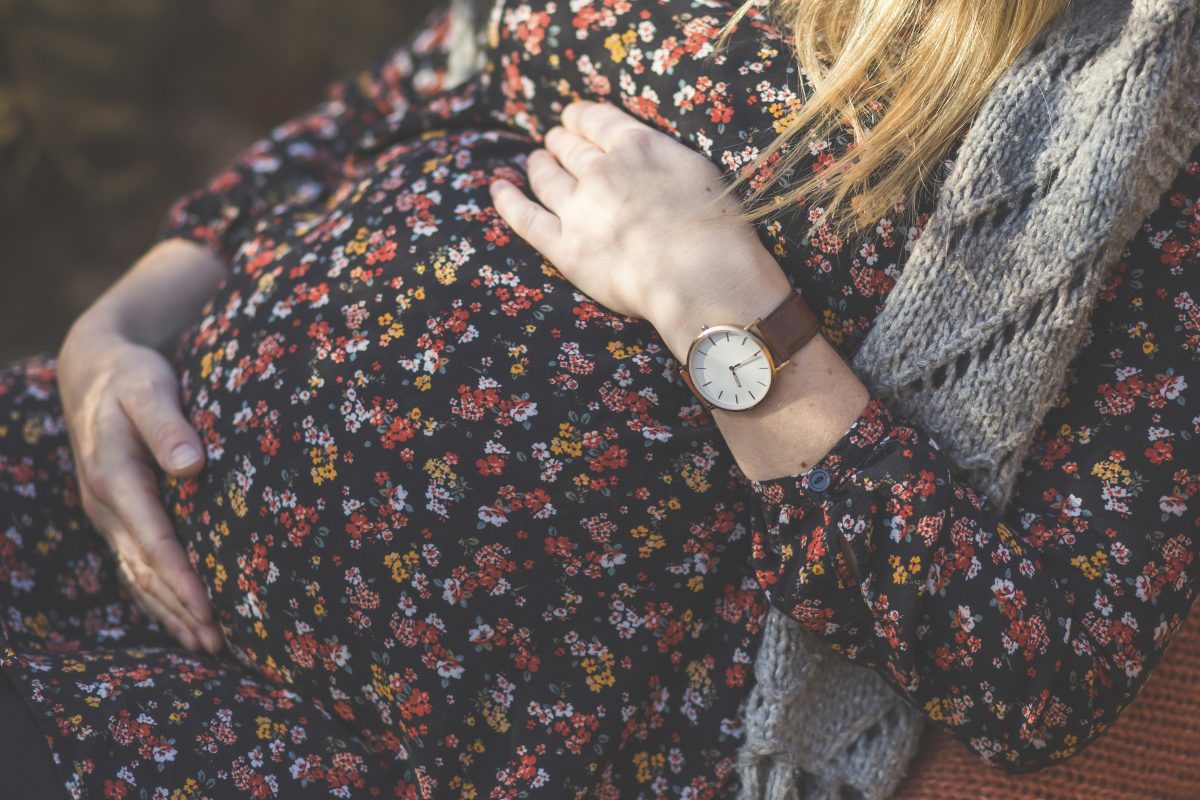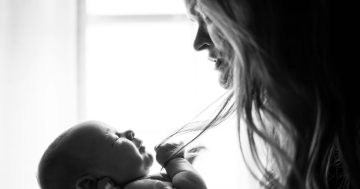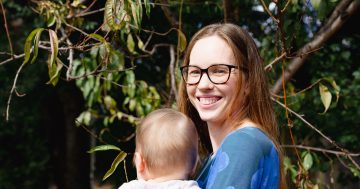
Karinya House offers support for new mothers across the region. Photo: File.
It’s a common scenario: you’re pregnant or have a baby, perhaps a toddler (or both). Nothing seems easy any more. Not sleep, not relationships, not even the love you’re supposed to feel for your child. But it’s meant to be the most wonderful time of your life, right?
For many women, the answer is no.
The perinatal period – defined as the time from conception to your youngest child turning two – is also the time at which many women are at significantly heightened risk of mental health issues, whether or not they’ve had problems previously.
“Past issues can often be exacerbated in pregnancy. There can be hormonal factors or the situation women find themselves in. Pregnancy often means they have to change medication, and sometimes just being pregnant can bring on anxiety and depression,” says Dr Yvonne Luxford from the Perinatal Wellbeing Centre.
“A minimum of one in five mums and one in ten partners will experience perinatal mental health issues. It’s extremely common and can hit any walk of life – for some people, this will be the very first time they’ve ever experienced any kind of mental health issue, and they don’t recognise it.
“They think this is normal, this is what it’s like having little kids – and let’s face it, sometimes it is. But it’s also something you can get help for.”
Our conversation is taking place at Karinya House, where director Lavinia Tyrell sees women who are coping with all that and more. Between 65 and 70 per cent of the women Karinya help have experienced family trauma or intimate partner violence, homelessness or housing insecurity and are living on a low income or under the poverty line.
Together, Lavinia and Yvonne want to challenge the stigma around perinatal mental health issues, replacing judgment with care and compassion.
Lavinia says pregnancy is a time when women will often seek help because, overwhelmingly, they want the best for their child and are motivated to change their circumstances.
The world can make that hard, though. Many women struggling with mental health issues are also confronted by social media expectations of being a ‘perfect’ mum – attractive, in control, accompanied by the perfect baby.
“You can see women who are actually quite unwell posting images of the yummy mummy with pram when they might be crumbling inside,” Yvonne says.
“They feel obliged to have that facade.”
Couple that with isolation from family and friends – often because people have moved to Canberra for work – and “truthful, normalising conversations” about parenting can be tough to find. Perinatal support groups are critical because, in person and one-on-one, people are likely to be much more straightforward about their struggles.
There are some classic and less common symptoms of perinatal depression: feeling unable to connect with your child and not understanding why you don’t feel that love; sleeplessness – possibly exacerbated by mental illness; catastrophising – constantly checking the baby is breathing, being exceptionally concerned about dirt.
Increasingly, Yvonne’s team are also seeing women who have been through traumatic births and have set up a specific support group for them.
“Often, it’s a partner or family member who notices something is wrong. We are happy for women to phone up and ask if what they’re going through is normal. That half-hour chat with a counsellor can be all some women need,” Yvonne says.
If the intake interview establishes women are a good fit for the Perinatal Wellbeing Centre, a program is tailored to include fortnightly telephone counselling, support groups, education on coping strategies and connection with other mothers. The support also gives women time to breathe, talk and re-focus. Most women remain connected for up to two years.
At Karinya, Lavinia says women take the lead in setting priorities.
“They may be focused on having a safe place to live, on their physical health and the baby’s health. If we can sort that out, later on, they might have the space and time and safety to understand they’re also experiencing mental health challenges”, she says.
Women may lack any positive support network as they struggle, too, with the cost of living crisis and acute housing shortage.
“We want them to understand it’s OK to have very different pregnancy and parenting experiences and know they can reach out to services that will be non-judgemental wherever you are in the parenting journey. We will come in behind you and support you and your children,” she says.
Karinya House is running its Home Hope Horizon – 2024 Charity Appeal to provide safe housing, health advice, casework, counselling, trauma services, baby goods and much more.
To get involved, visit Karinya House.
Donations to this appeal, up to the first $30,000, will be matched by Parker Coles Curtis (Principal Partner), Parbery, Elect Printing, North Belconnen Community Association, Canberra Southern Cross Club, Successful Alliances, CK Architecture, Patient Experience Agency, Solace Creations Double Glazing, Margaret O’Donovan, Playgroup Australia, Bellchambers Barrett, Farrar Gesini Dunn, and Blumers Lawyers ACT.




















